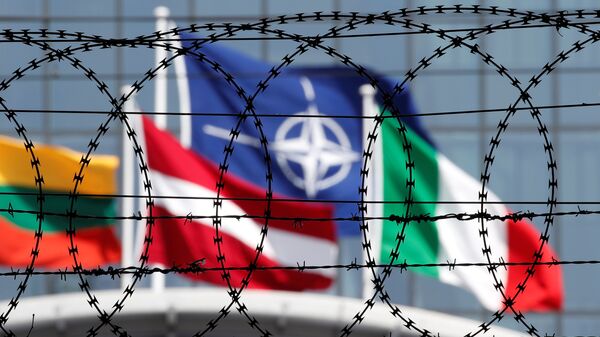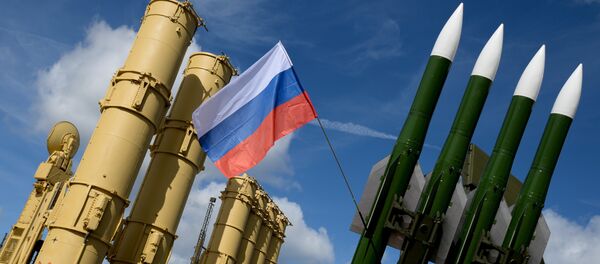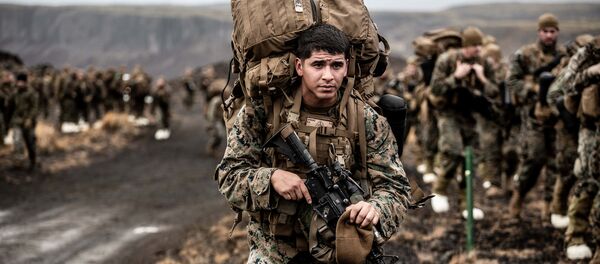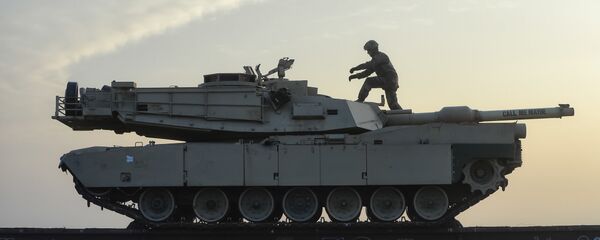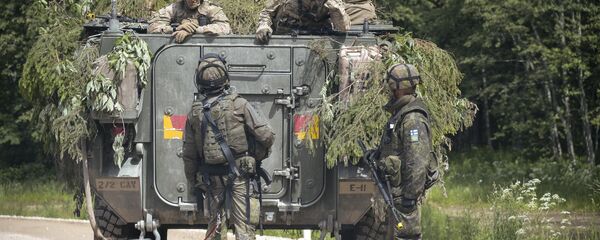Sputnik discussed Stoltenberg's statement with Rick Rozoff, manager of the website Stop NATO.
Sputnik: Jens Stoltenberg says the alliance is ready to continue a dialogue on the INF. How much does this position reflect that in Washington?
So what he's doing is echoing the Trump administration, John Bolton's position, on this, which is that Russia — as always — is to blame and the United States — as always — is in the right. That's why NATO, a US-created and dominated military bloc, is simply an extension of US foreign and military policy in Europe and has to be seen as such. I hope Mr. [Alexander] Grushko [deputy minister of foreign affairs], when he meets with the likes of Stoltenberg, remembers who he's dealing with.
Sputnik: What could President Trump potentially have to say in his meeting with Vladimir Putin, there's nothing left to say from my feeling; what's your take on it?
Rick Rozoff: You're entirely correct, I concur with you entirely; actions speak louder than words of course. I don't want to draw any horrendous parallels, but I presume German Foreign Minister Ribbentrop, and I know this for a fact, was in Moscow talking peace and cooperation with them shortly before the launching of Operation Barbarossa in 1941. Oftentimes diplomats or heads of state come precisely to pull the wool over the eyes of their intended victim as the military plans gain pace; it clearly seems to be the case here.
READ MORE: 'There's No One Else to Fight': Russian Analysts Not Fooled by NATO Drill Jargon
How in God's name could you justify a major series of military war games, including all the Scandinavian countries, supposedly neutral, Finland in Sweden, who for all intents and purposes are de facto NATO members as well as, for that matter, Ukraine and Georgia.
I think it's pretty obvious what the pattern of behavior is and NATO again is providing the US with a direct military presence, including a nuclear presence, in the so-called "nuclear sharing arrangement" with five countries in Europe, some of them close to Russia, is providing the US with the opportunity to move in major military hardware and operations directly to the Russian border.
Sputnik: The Canadian Navy is looking to purchase naval vessels to counter enemy submarines amid concerns of Russia's alleged increasing military presence in the Arctic region. How do you assess this particular move? Could it be that Canada, not just looking at the military threat from Russia, is also trying to police the Arctic area? Are there other underlying reasons why they're purchasing these additional naval vessels?
Rick Rozoff: Yes, certainly there are. 9 years ago NATO convened a special conference on the High North, as they called it, which is the Arctic Circle and they clearly marked out the Arctic as NATO territory vis-a-vis Russia, of course; who else is their adversary? Canada has territorial disputes with only two countries in the Arctic: with Denmark and the United States, but it has been waging joint war with both countries against Russia, presumably with whom they have no territorial disputes.
READ MORE: Half Seas Over: US Troops Go on Post-NATO War Games Binge in Iceland — Reports
For example, here's another quote from the article, "Russia, the traditional challenger in the North of Europe was mired in economic difficulties" and so forth. Now that Russia has bounce back economically and with military hardware, it says here that "geopolitics once more emerge as a concern in Europe and the North Atlantic," referring to operation Trident Juncture, "therefore, these major exercises are a timely effort by NATO to relearn some key training lessons of the past preparing for future threats."
So once again the North Atlantic is the area of concentration, it used to be the Barents sea, the Arctic Circle, the Baltic sea, the North Atlantic as a whole, and what you're seeing is after having gone out on colonial and expeditionary wars in South Asia and North Africa, Southeastern Europe and elsewhere, NATO's now returning to its original area of concentration, which is confronting the fictional adversary on its North-East border.
The views expressed in this article are solely those of Rick Rozoff and do not necessarily reflect the official position of Sputnik.
